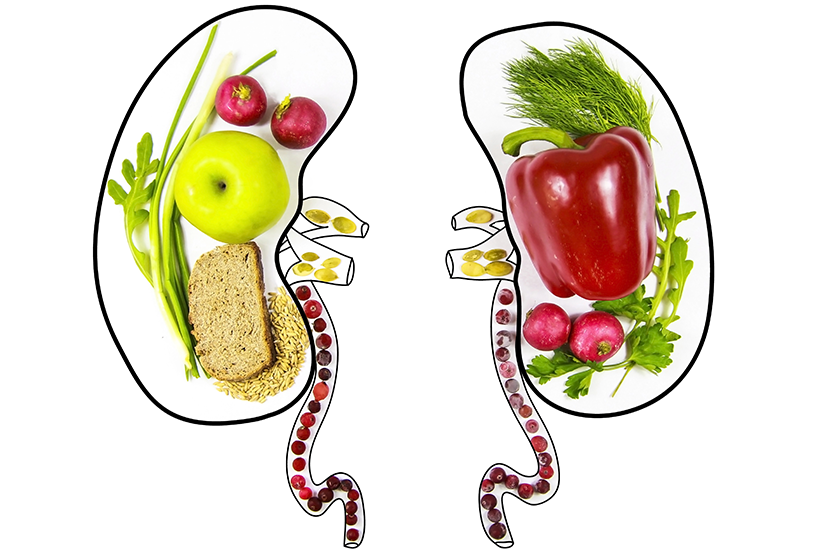As your loved ones grow older, maintaining their kidney health becomes more important. Kidney function can naturally decline with age, but the right interventions can help slow this process and improve overall health. If you are asking yourself how to improve kidney function in the elderly, this article offers guidance on how to address kidney issues.
Understanding Kidney Function in Older Adults
Kidneys are vital organs that filter waste from the blood and help maintain overall body balance. In elderly adults, kidney function often decreases due to various health conditions. Chronic diseases like diabetes, high blood pressure, and kidney infections can contribute to kidney dysfunction. Recognizing early signs of kidney problems and seeking prompt medical advice is key to preventing further damage.
Healthy Diet to Support Kidney Health
One of the most effective ways to help your elderly loved ones improve kidney function is through their diet. Kidney health can be significantly impacted by nutrition, so ensuring that their meals are rich in nutrients while being low in harmful substances like excess sodium, sugar, and fats is important. A diet high in fruits, vegetables, and lean proteins can reduce the workload on the kidneys. It is also important to monitor their potassium and phosphorus intake, as too much of these can worsen kidney problems.
Regular Hydration Helps Maintain Kidney Function
Staying hydrated is another key factor when considering how to improve kidney function in elderly individuals. Dehydration can put additional stress on the kidneys, making it harder for them to filter waste. Encourage your elderly loved ones to drink enough fluids throughout the day. However, if they have conditions like kidney disease or heart disease, it’s important to consult with their healthcare provider about the right amount of fluid intake. Proper hydration keeps the kidneys functioning smoothly and helps prevent kidney stones and urinary tract infections.
Managing Underlying Health Conditions
For elderly individuals dealing with diabetes, high blood pressure, or other chronic conditions, managing these issues effectively is one of the best ways to protect kidney health. High blood pressure and diabetes can both damage the kidneys over time. If your loved one has either of these conditions, make sure they are taking medications as prescribed and attending regular check-ups with their doctor.
Promoting Physical Activity and Weight Management
Regular exercise and maintaining a healthy weight can also contribute to kidney health. Physical activity helps improve circulation, reduce blood pressure, and manage diabetes, all of which play an important role in kidney function. Encouraging your loved one to engage in activities such as walking, swimming, or gentle yoga can have positive effects on their overall health.
Working with Healthcare Providers for Regular Monitoring
Regular check-ups, lab tests, and screenings can help detect any early signs of kidney problems before they become more serious. A healthcare provider may suggest specific treatments based on lab results, including medications, dialysis, or lifestyle changes.
Improving kidney function in elderly loved ones involves a combination of diet, hydration, exercise, and medical management. By taking a proactive approach and addressing any underlying health issues, you can help your loved one maintain their kidney health and overall quality of life in old age. If you are looking for support for your loved one’s health needs, we offer personal care services and senior respite care to help families navigate these challenges.







